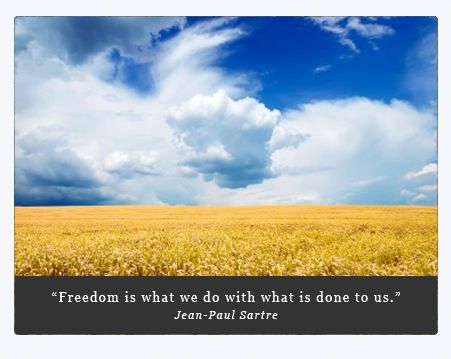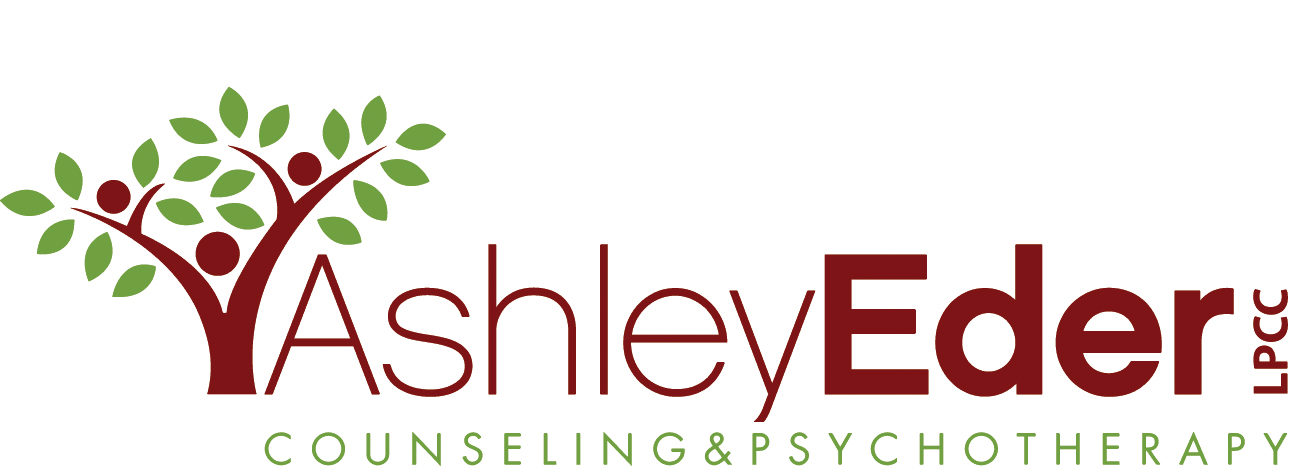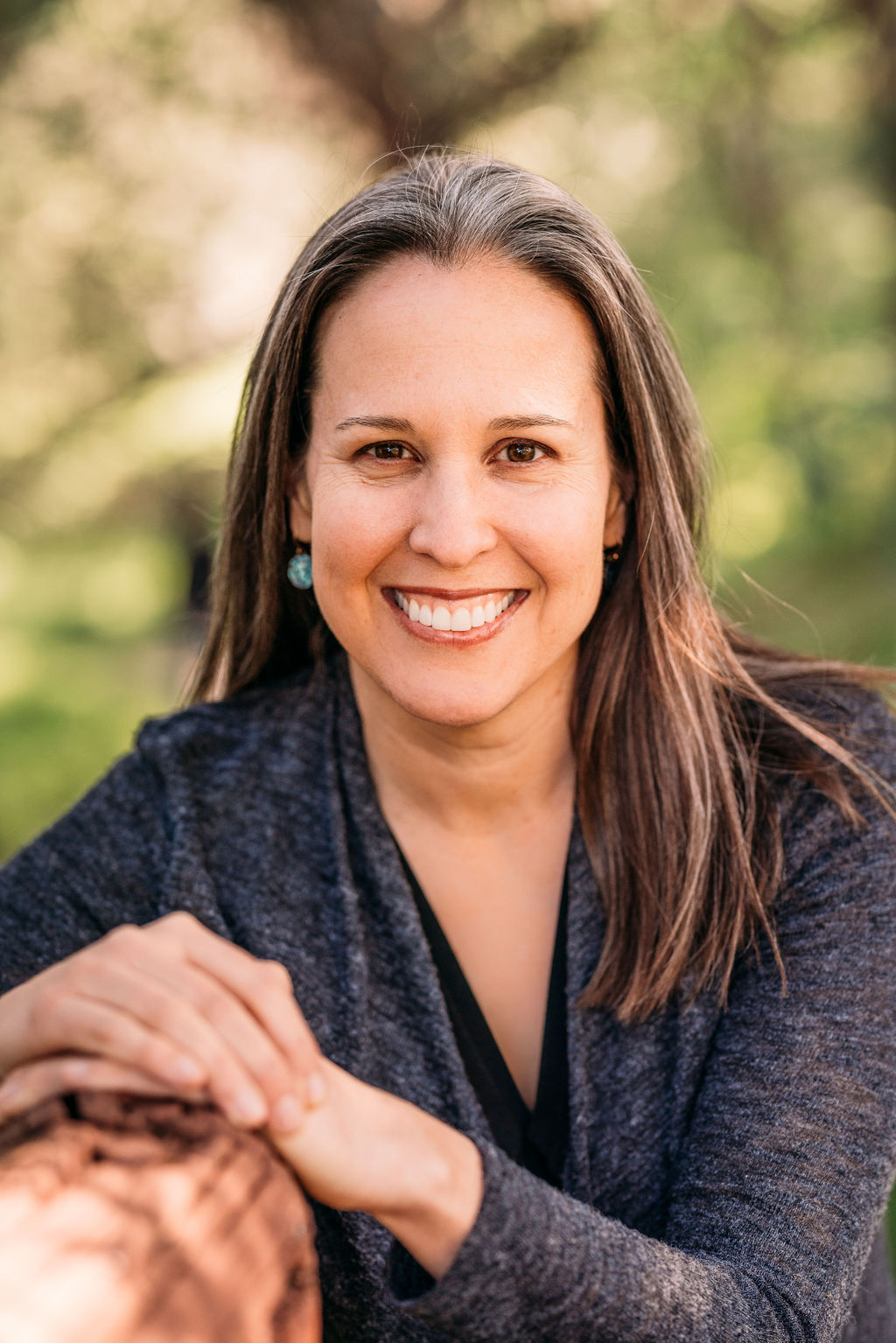What is Brainspotting?

Brainspotting is a body-centered therapy developed by David Grand, PhD. It is an offshoot of the popular trauma therapy EMDR, and has replaced EMDR for some therapists as their preferred trauma treatment. Brainspotting makes use of the discovery that “where you look affects how you feel,” and guides clients through processing distressing events until they feel neutral or even positive instead.
How does Brainspotting work?
Trauma is an event or series of events that are frozen in time in your body. When those memories are triggered—whether you realize it or not—your body and emotions react as if the trauma is happening now. One of the biggest tells that you are dealing with trauma is overreaction. Overreactions harken back to unprocessed events.
Brainspotting stimulates the brain’s own healing ability. We use the word “brainspot” to describe the eye position associated with emotional and somatic activation when you think about a distressing subject. We will find your brainspot together. That brainspot gives us access to the memory as it is stored in your limbic system.
The limbic system is in the midbrain. There, we jumpstart the physical, emotional, somatic, and mental processing that trauma froze in time. This happens in lightning speed, often processing to completion within a single session. Your job as a Brainspotting client is to notice what arises as you focus on this issue, and allow it to progress, mindfully, non-judgmentally. I’ll help you with this.
Remember that frozen memory? Processing on your brainspot just thawed it. We clear up the entire memory network around that event and free you from the overreactions that brought you to therapy.
Who can Brainspotting help?
Brainspotting can help you. It is helpful for a wide variety of complaints and goals.
Brainspotting treats:
- Major trauma
- Attachment trauma
- Phobias
- Chronic pain
- Anxiety
- Limiting beliefs
- Compulsive and addictive behaviors
- Painful memories
- Parenting struggles
- Overreactions
What does Brainspotting feel like?
We set up a Brainspotting session by describing the issue you choose to work on that day. I ask you to notice the feelings and sensations that arise around that issue. Then we work together to find your brainspot, the place in the room where your eyes rest during processing. Often we enhance processing with the use of bilateral music, which has you wear headphones to play soft sounds into alternating ears.
From there, we let your brain take over. I help you maintain what we call “focused mindfulness,” which just means noticing your body sensations, emotions, and thoughts in a relaxed and non-judgmental way. You may experience progressively stronger sensations and emotions, and we make space for those to process and pass. As we work, the distress you felt around the original issue will typically decrease, and we will find a nice stopping place before the end of the session.
Can Brainspotting make you feel worse?
Maybe you’ve heard that therapies like Brainspotting can actually make you feel worse. After a Brainspotting session, many clients experience relief and relaxation. We transformed your experience of that memory, and it immediately feels better. Some other folks do not notice much at all, and will need to assess their Brainspotting progress over time as they are re-exposed to previous triggers. And some find that their systems take about 72 hours to get all the gunk out. These people experience some of those initial trauma feelings as the memory continues to process and resolve.
It makes sense for this to be hard. You have just processed the original event as if it hadn’t been frozen in time. I will help you remember that this is accelerated processing, and we will continue to check in and support you as needed as your symptoms resolve. By the end of 72 hours, most of those people feel like their processing has wrapped up and they are at a lower distress level than where we began.
I offer Brainspotting online to clients within California, as well as in my Folsom, CA therapy office. If you are interested in learning more about how we can help you release distressing events, reach out to me today.

 Hi, I'm Ashley Eder, a Licensed Professional Clinical Counselor and psychotherapist in Folsom, California. You'll find information about me and my practice on this website, so please take a look around. To schedule an appointment,
Hi, I'm Ashley Eder, a Licensed Professional Clinical Counselor and psychotherapist in Folsom, California. You'll find information about me and my practice on this website, so please take a look around. To schedule an appointment,